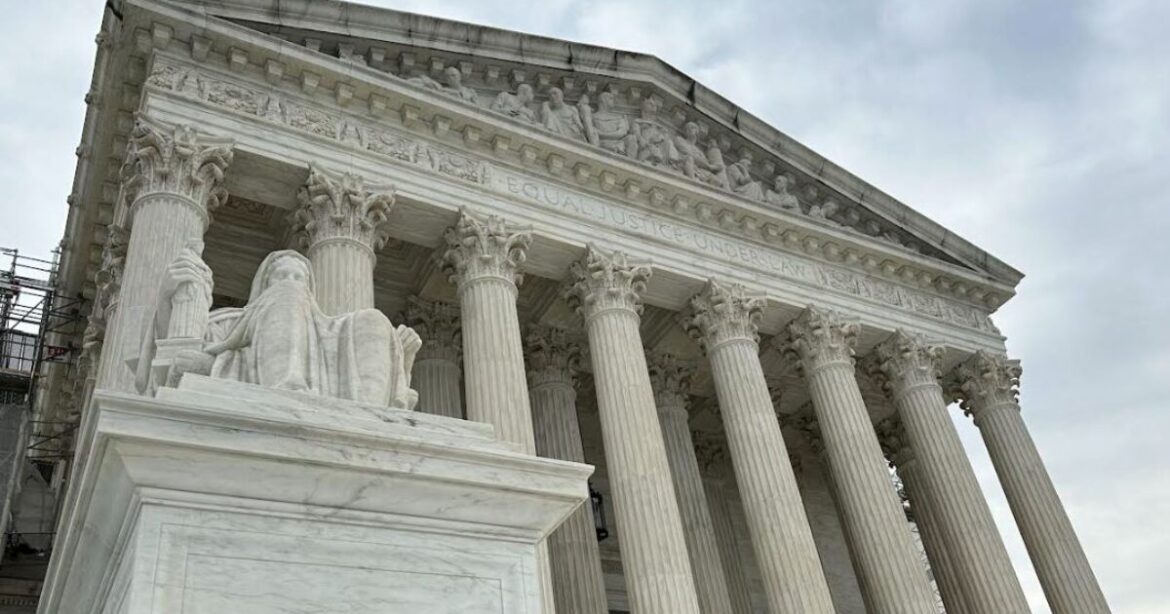High Court Sides with States in Major Decision on Youth Gender Procedures
In a decision that could reshape the legal landscape surrounding transgender healthcare, the U.S. Supreme Court on Wednesday upheld a Tennessee law banning gender-transition procedures for minors. The 6–3 ruling affirms the state’s authority to restrict the use of puberty blockers, hormone therapies, and sex reassignment surgeries for individuals under 18.
The law, passed in 2023, faced a legal challenge from the Biden administration, multiple families, and a Tennessee physician who argued the statute violated the Equal Protection Clause of the 14th Amendment. However, the court’s conservative majority rejected that argument, asserting that the law meets constitutional muster under the rational basis test, the most deferential standard of judicial review.
Roberts: “Policy Questions Belong to the People”
Writing for the majority, Chief Justice John Roberts emphasized judicial restraint, stating:
“Our role is not to judge the wisdom, fairness, or logic of the law before us, but only to ensure that it does not violate the equal protection guarantee of the Fourteenth Amendment. Having concluded it does not, we leave questions regarding its policy to the people, their elected representatives, and the democratic process.”
The court’s ruling effectively clears the path for enforcement of similar laws in at least 24 other states, many of which have enacted comparable bans on medical interventions for minors experiencing gender dysphoria.
Liberal Justices Dissent
Justices Sonia Sotomayor, Elena Kagan, and Ketanji Brown Jackson dissented sharply, arguing that Tennessee’s law imposes undue harm on transgender youth and constitutes unconstitutional discrimination. Their dissent focused on the implications for civil rights and medical autonomy, calling the law an overreach of state authority.
A Blow to Biden Administration’s Legal Strategy
The case, United States v. Skremetti, became a flashpoint in the national debate over transgender rights and state authority. The Biden administration had positioned itself as a defender of access to gender-affirming care, arguing that bans like Tennessee’s interfere with medically necessary treatment and infringe on constitutional protections.
Wednesday’s decision represents a legal and political setback for the administration, and signals the court’s willingness to grant states broader discretion in regulating healthcare practices for minors, particularly when tied to evolving scientific, ethical, and moral considerations.
National Impact and Legal Precedent
With this decision, the Supreme Court has now set the tone for ongoing battles over gender-related policies, education mandates, and medical ethics in youth care. Proponents of the ruling argue it protects children from irreversible procedures performed without long-term research; critics warn it undermines the rights of families and transgender individuals.
As lower courts navigate dozens of similar challenges, the ruling in Skremetti is expected to have a ripple effect nationwide, reinforcing state authority while limiting federal challenges on similar laws.

